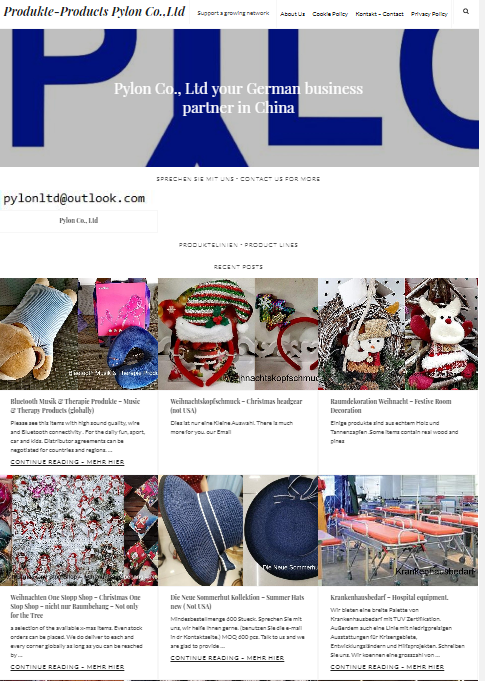- Details
-
Category: Governmental News
-
Published: Monday, 12 March 2012 13:36
On the morning of March 6, the government employees in charge of publicity, construction and agriculture, together with PLA troops stationed in Ningbo, participated in a voluntary tree-planting work in East Lake Park in Ningbo. The volunteer work, which is expected to last for three days, has attracted more than 700 participants.
This is the 22nd year for the Ningbo municipal government to organize voluntary tree-planting activity
- Details
-
Category: Governmental News
-
Published: Monday, 12 March 2012 13:32
Fu Qiping, representative of National People's Congress and the Party Secretary of the Tengtou Village in Fenghua, has submitted a proposal to the Fifth Session of the 11th National People's Congress, calling for legislation against rural land pollution control.
Statistics show 1300 square kilometers of rural land in China are either occupied or destroyed by solid waste. The wastewater irrigated area reaches approximately 50,000 square kilometers, and is still expanding.
Fu attributes the current situation to several reasons. Firstly, industrial wastewater, solid waste and acid rain are major pollution sources to rural land. Secondly, certain chemical fertilizer and pesticide result in land pollution. Every year, China consumes 4124 tons of chemical fertilizer as well as 30 million tons of pesticide. Most of the chemicals accumulate in the soil with only 30% being absorbed by crops, leading to the contamination of rural land. Thirdly, livestock and poultry industry cause pollution. Without proper sewage treatment, manure and sewage are directly discharged, resulting in air and land pollution. Fourthly, the wide use of plastic mulch and other residues of agricultural production also cause land contamination.
"We already have certain regulations on the prevention of rural land pollution in the Criminal Law, Land Administration Law, Water Pollution Control Act, and Air Pollution Prevention Act, but most are fragmented and lack of clear regulations for some specific pollution problems.” said Fu Qiping. "To prevent rural land pollution, we need to take factors such as air, water, food, human behavior into consideration, and we need to establish an overall legislative system on rural land pollution control laws and regulations."
He added, "we should establish a series of standards on rural land resource, rural soil quality, environmental impact assessment, clean agricultural production, soil remedy, and soil protection. We also call for public participation to battle rural soil pollution."









